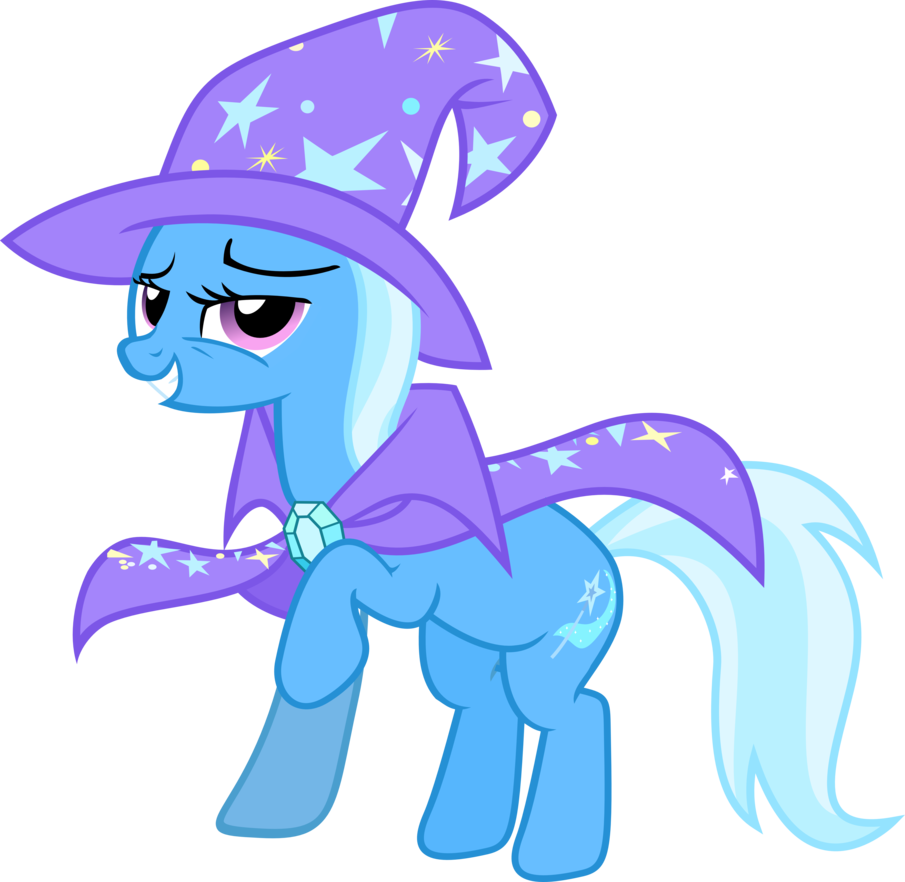grangár: to consume, to ingest, (alternative) to eat
glágrang: intemperate consumption, gluttony
alathglágrang: (“knowledge-gluttony”) intemperate absorption of knowledge; essentially, the tendency to disappear into the library and not be seen until days later, passed out on a heap of books, having succumbed to the irresistible temptation of so much knowledge collected in one place.
alathglágrandár: one who indulges in, or is prone to indulge in, an alathglágrang. In theory, a pejorative term; in practice, no-one acculturated to Imperial norms will think too badly of an alathglágrandár in general, only inasmuch as doing so can on occasion be a damned inconvenience.
súnashír: (from súnar “brilliant, shining” + sashír “glamor”) awesome
andrakith: (from andra “fire” + ankithel “emotion, passion”) inspired; possessed by inspiration
trasúnashír anandrakithef: the state or quality of inspiring others with the aura of one’s personal reputation, deeds, qalasír, etc.; inf. “awesomeness”
argylayékith: (from argyr “merit” + layés “longing” + ankithel “emotion, passion”) a manner of carrying oneself such that other people wish to be more like one; inf. “coolness”
dísgalith: (from dísil “difficulty, challenge to be overcome” + galith “challenger; to attempt”) daring
traqanédaëljír dísgalithef: (from qané “a little” + daëlin “probability” + jír “choice” and dísgalith “daring”) willingness to attempt deeds that few would consider; inf. “radicalness”

